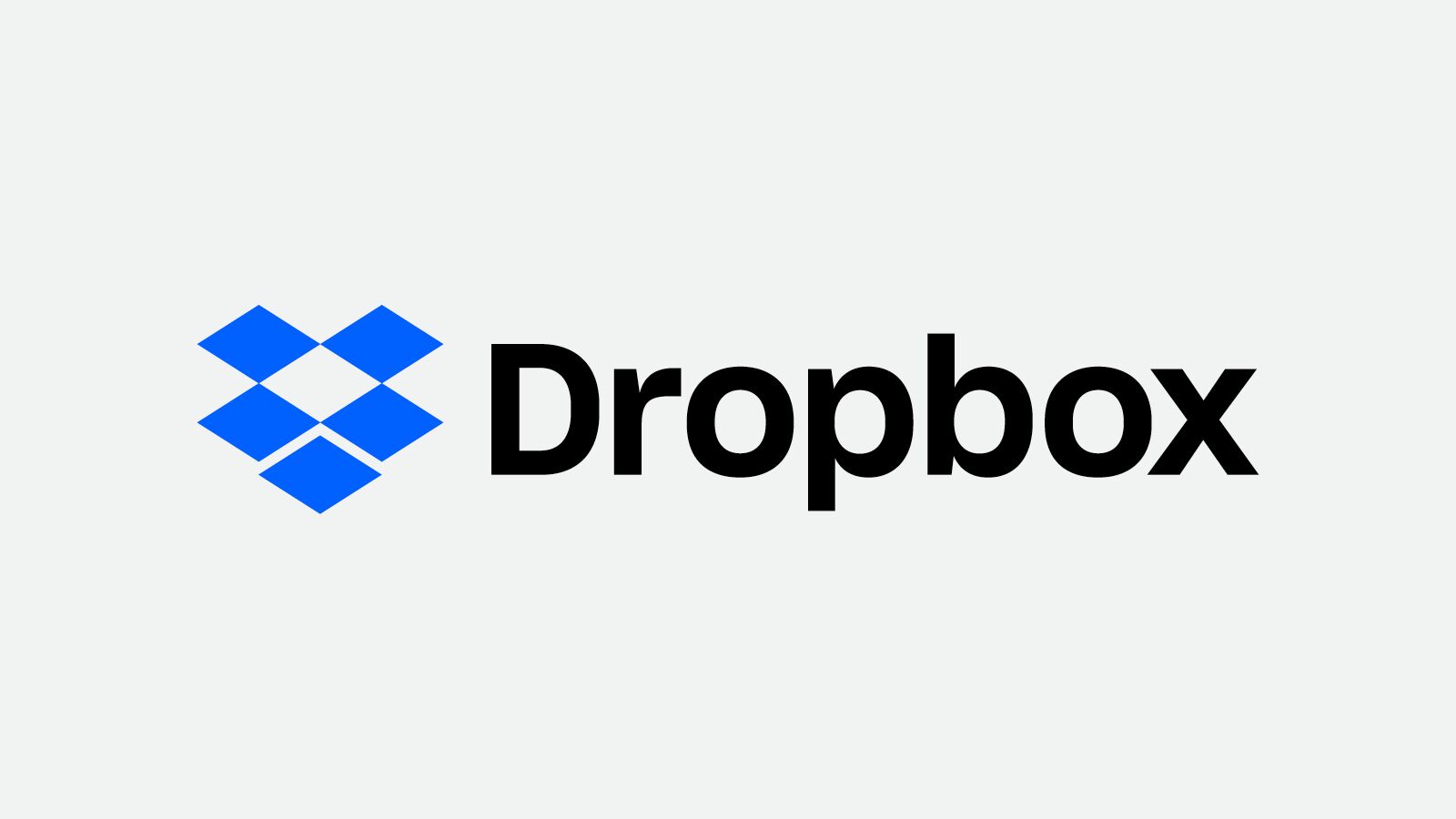Document collaboration is one of the many areas that have become democratized over the past decade. Though some folks are habitually stuck in the pre-cloud days of sending word attachments to collaborate on documents, tools like Google Docs and Office 365 have brought “it just works” functionality to doc sharing.
Beyond collaboration, there are more advanced functions like signatures on contracts or secure transmission for sensitive docs. The former is where DocuSign has blazed a trail, and the latter is where DocSend lives. For example, DocSend has become a popular way for startups to submit and track pitch decks to investors.
New Lot
Now DocSend has a new lot in life: the end-to-end document workflows that Dropbox continues to build. Specifically, Dropbox announced today that it will acquire DocSend for $165 million. This is partly a sign of the times and partly a traditional expansion play to build a broader suite… and thus a larger addressable market.
Starting with the former, the timeliness of this deal flows from the Covid-induced remote work trend. In a world of far-flung colleagues and contacts, document collaboration gains considerable value. DocSend’s ability to not only securely send but track engagement for documents replaces some real-life interactions.
“We’re acquiring DocSend to help us deliver an even broader set of tools for remote work,” Dropbox founder & CEO Drew Houston told TechCrunch, “and DocSend helps customers securely manage and share their business-critical documents, backed by powerful engagement analytics”
As for the non-pandemic expansion angle, DocSend gives Dropbox another puzzle piece towards its goal of end-to-end document workflows. This progression can be seen in light of its 2019 HelloSign acquisition. Collectively, it can now natively address and control the document workflow process.
TAM Right
When looking at these puzzle pieces — document signatures, storage/ collaboration, and secure transmission — Dropbox competitor Box has been on a similar expansion path. It recently acquired SignRequest for $55 million. Given its existing document collaboration tools, it’s a similar expansion play.
But for Dropbox, it’s mostly about growth, as DocSend will boost its total addressable market (TAM). It now has 17,000 paying customers, and the capabilities brought by DocSend unlock broader appeal. Dropbox specifies verticals like creative production, sales, and client services as growth targets.
Dropbox is one of the original accelerants of the past decade’s cloud sync/collaboration. And it’s come a long way since its 2008 TC 50 public debut (I was there). Today’s move gets it closer to end-to-end document workflows. Meanwhile, DocSend’s ~50 employees will join Dropbox when the deal officially closes.





